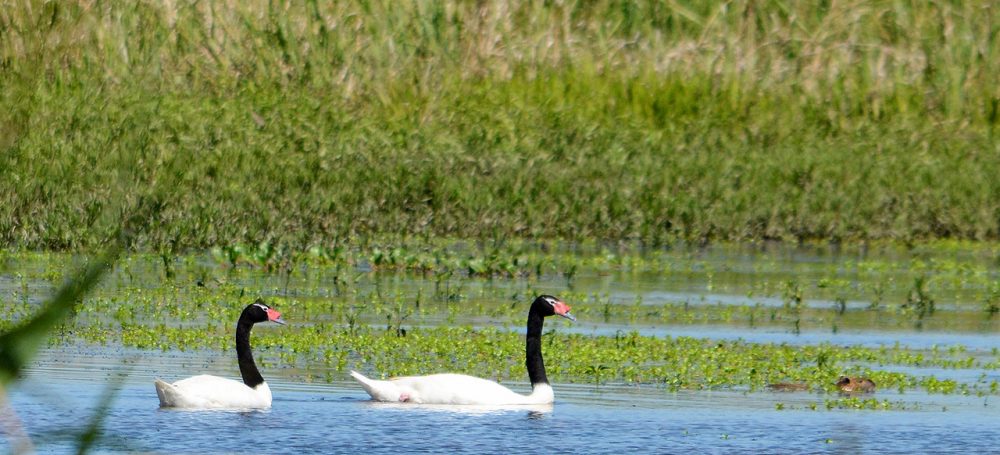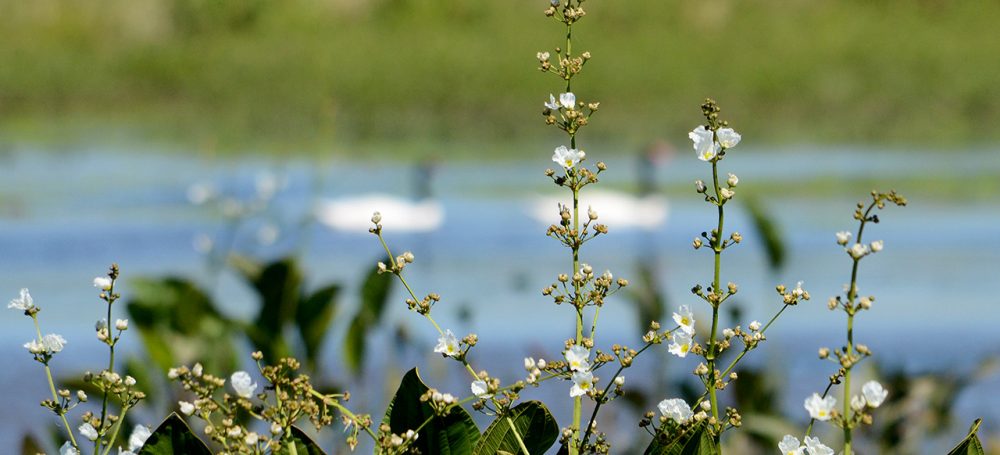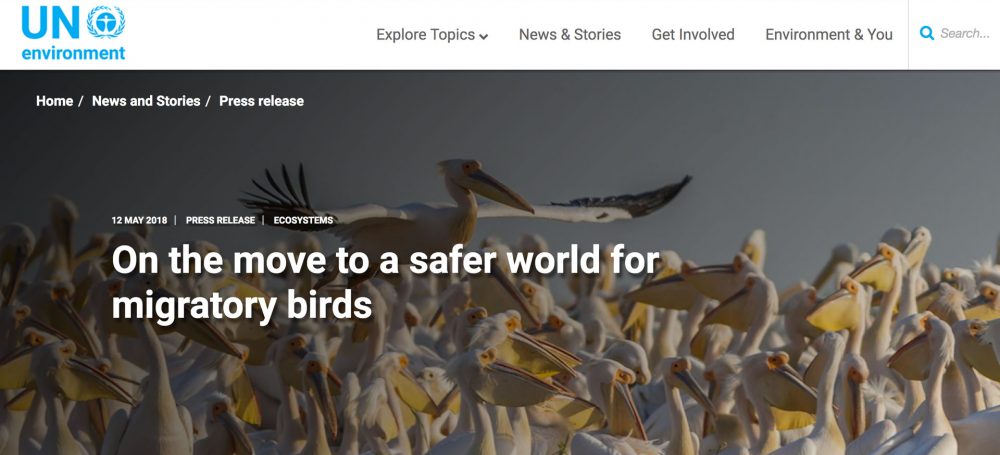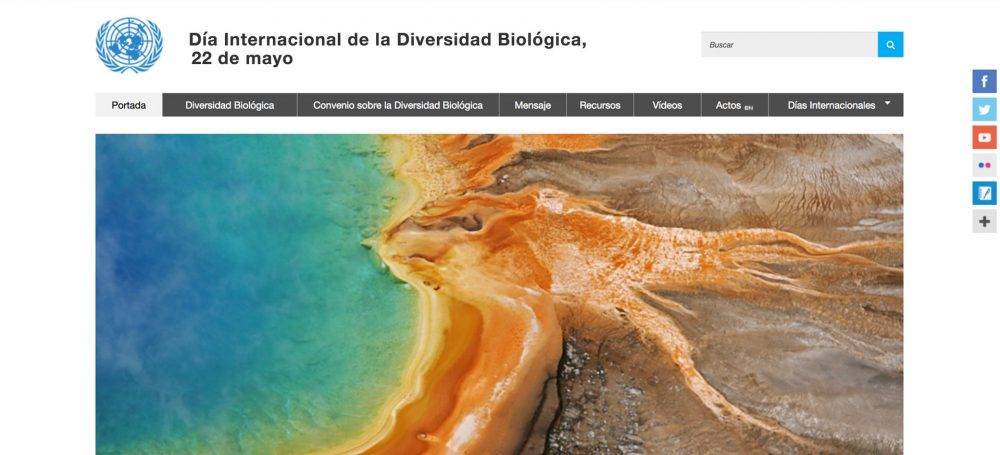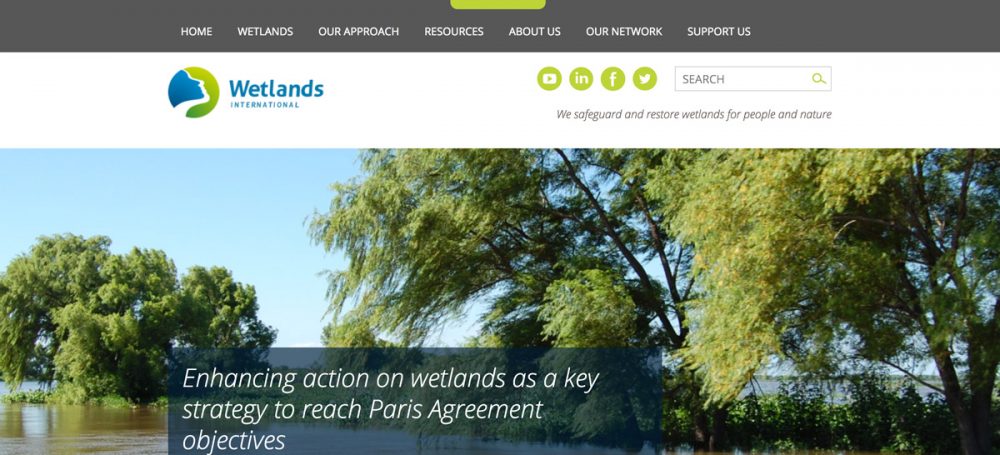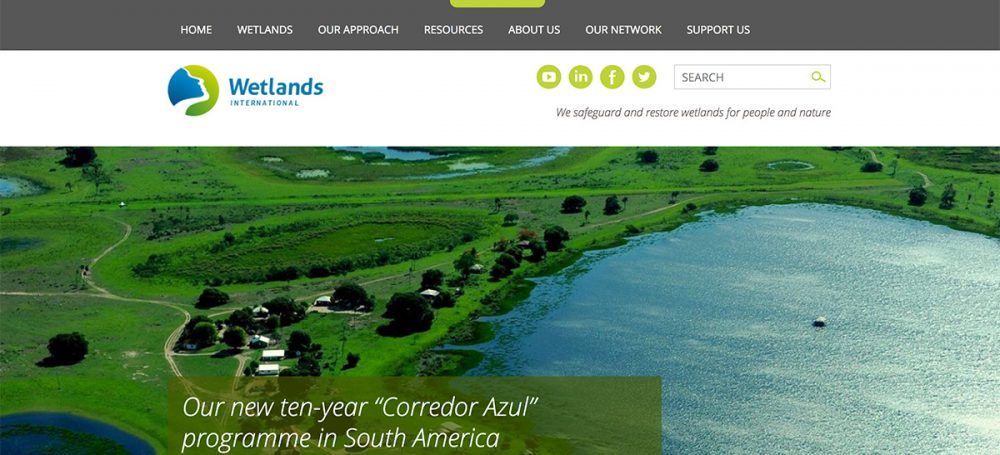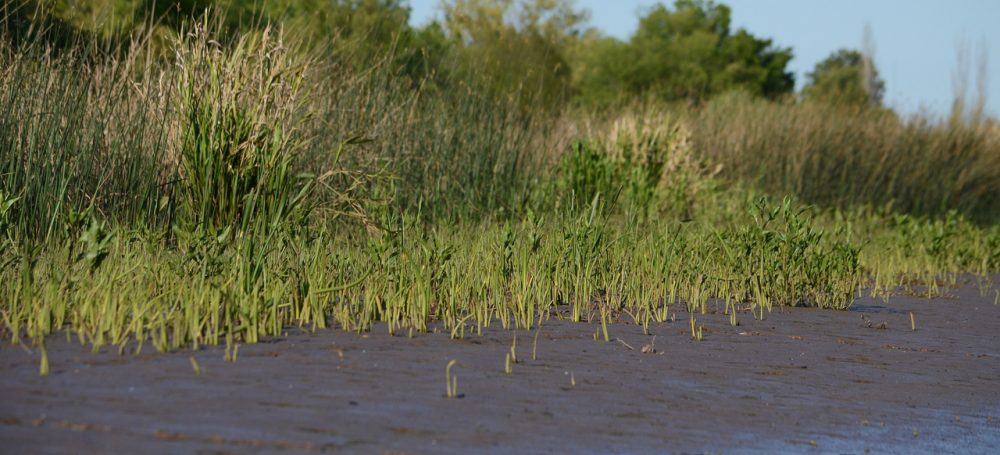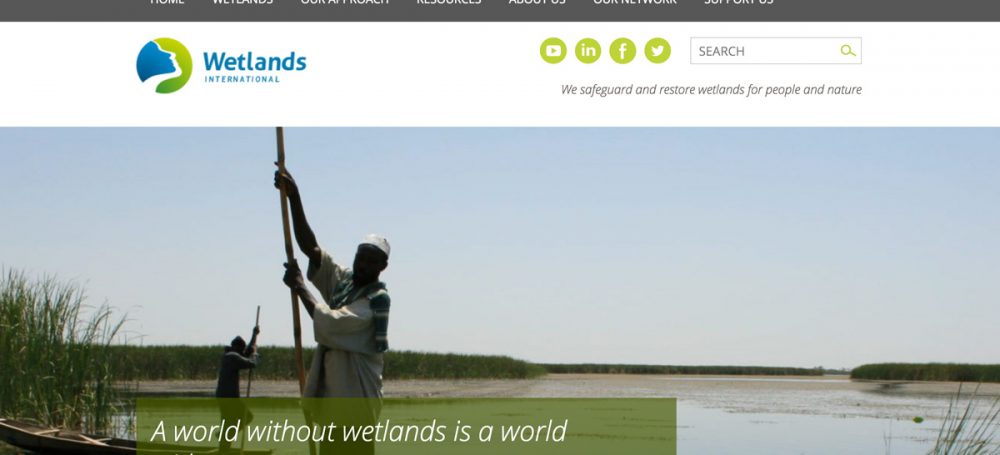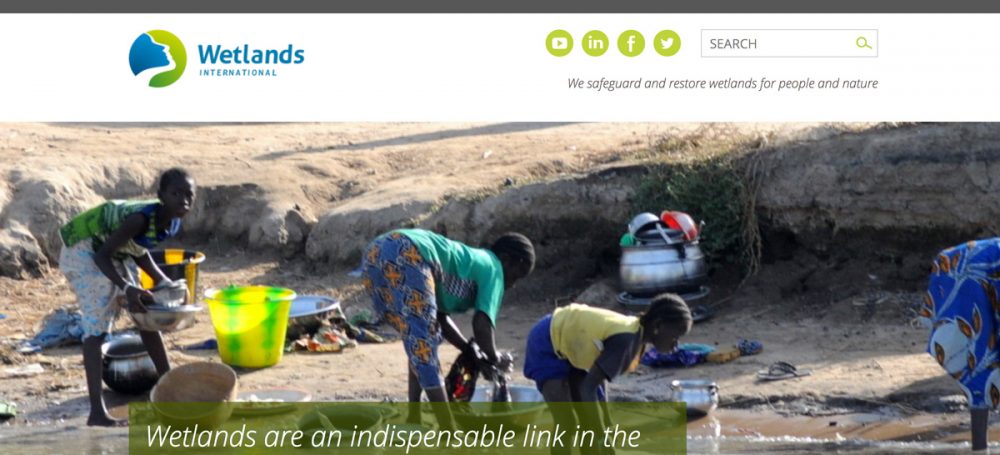On Saturday April 27 we had the privilege of being invited by Fundación de Historia Natural Félix de Azara (Felix Azara Natural History Foundation) to participate in the CPR (Cardiopulmonary Resuscitation) course taught by Tigre Firefighters.
Many thanks for the invitation and our appreciation to the Tigre Firefighters!
Bonn, 12 May 2018 – The Earth’s great travellers – birds that sometimes trek thousands of miles between their breeding places and their wintering grounds – will be centre stage this World Migratory Bird Day, as the international community recognize their significance and vulnerabilities.
“Unifying Our Voices for Bird Conservation” is the theme of World Migratory Bird Day 2018, celebrated annually on 12 May. The UN-backed global awareness-raising and environmental education campaign focuses the need for international cooperation to conserve
The Value of Biodiversity
While there is a growing recognition that biological diversity is a global asset of tremendous value to present and future generations, the number of species is being significantly reduced by certain human activities.
The Convention on Biological Diversity is the international legal instrument for “the conservation of biological diversity, the sustainable use of its components and the fair and equitable sharing of the benefits arising out of the utilization of genetic resources” that has been
Addressing freshwater ambitions explicitly through Nationally Determined Contributions (NDCs) provides a key entry-point for countries to emphasise the importance of freshwater strategies for adapting to climate change and reducing greenhouse gas emissions. Including wetlands explicitly in the next round of their NDCs (to be communicated by 2020) will help countries to raise awareness of this in dialogues and political processes at all levels and discuss targets and set policies. This policy brief uses the three guiding questions of the Talanoa Dialogue:
We have launched a 10-year programme in the second largest wetland system in South America after the Amazon: La Plata Basin. Our programme will focus on mobilising efforts to implement alternative development paths for the region by bringing together civil society organisations, the private sector, academia and governments.
The programme will run pilot projects in three areas: the Pantanal in Brazil, the Ibera Marshes and the Paraná Delta in Argentina.
We want to prove that inclusive management practices, sustainable
From: www.wetlands.org/news/a-world-without-wetlands-is-a-world-without-water/
1.2 billion people live in areas where water is physically scarce and 2.7 billion people – 40% of the world’s population – suffer water shortages for at least one month each year. 22 March is World Water Day, an international day to inspire action to tackle these issues. We’re calling on civil society, governments and the private sector to take action for wetlands to help secure water for all.
We interviewed Wetlands International CEO Jane Madgwick to
On Friday 25 September the UN member states formally adopted the new development goals, which will set the world’s development agenda for the next 15 years. The 17 Sustainable Development Goals (SDGs) aim to tackle poverty, climate change and inequality around the world. We believe that wetlands will make a valuable contribution to these goals and are an indispensable link between the SDGs.
The 17 SDGs can be grouped into three main categories. Goals that aim to end poverty and


